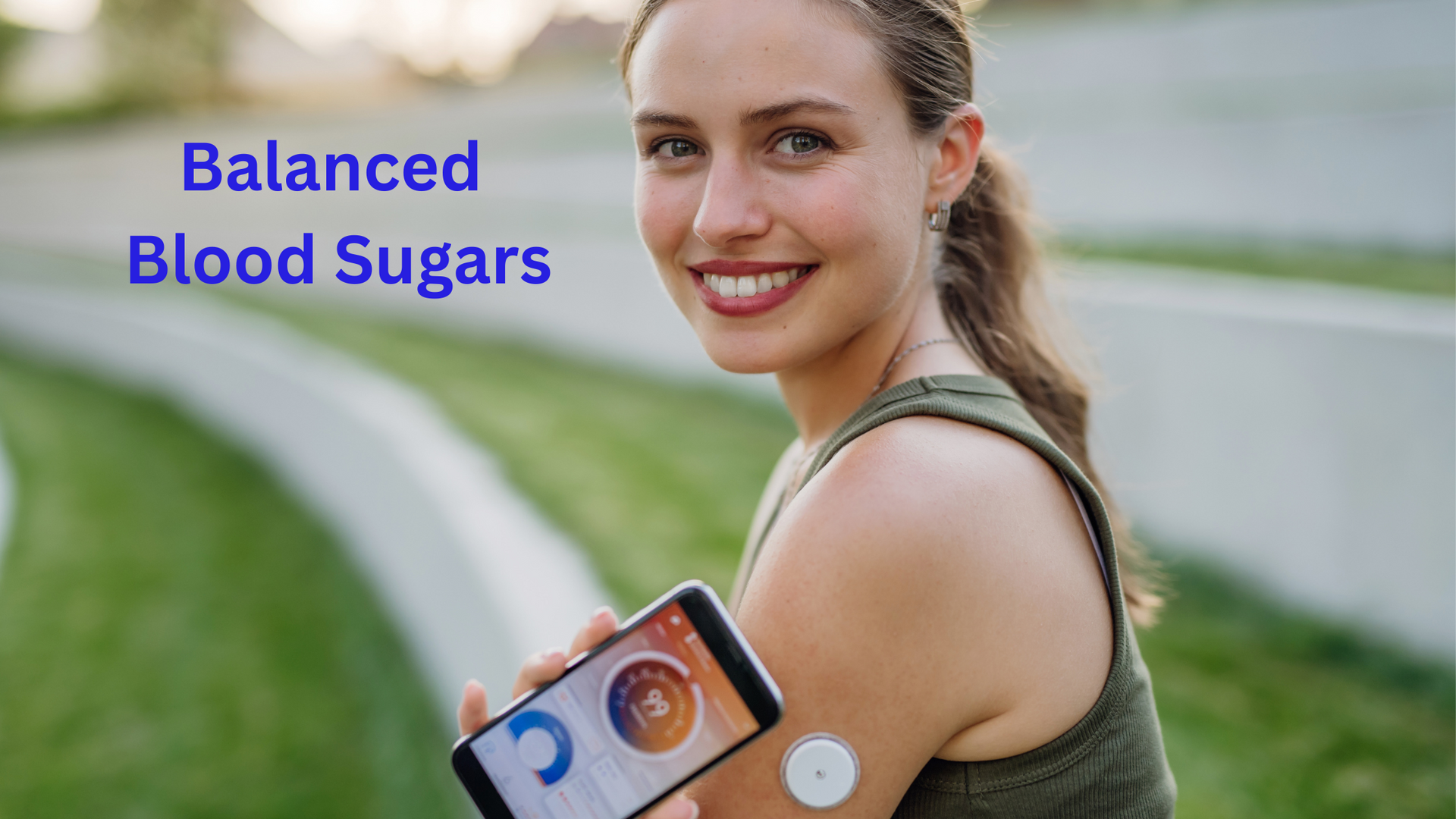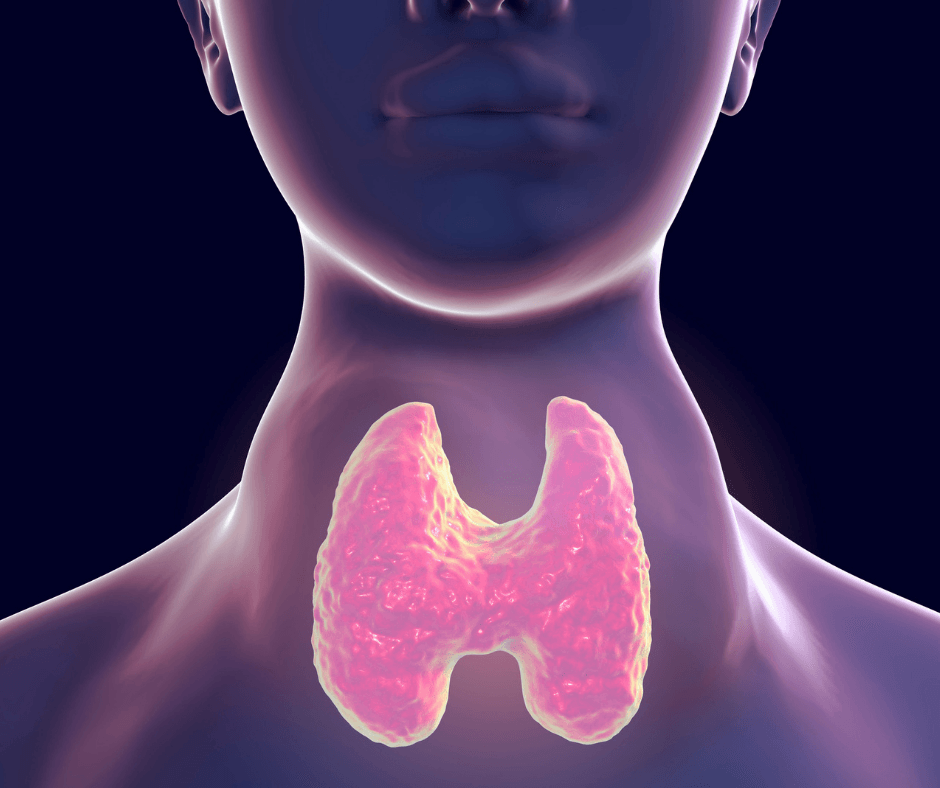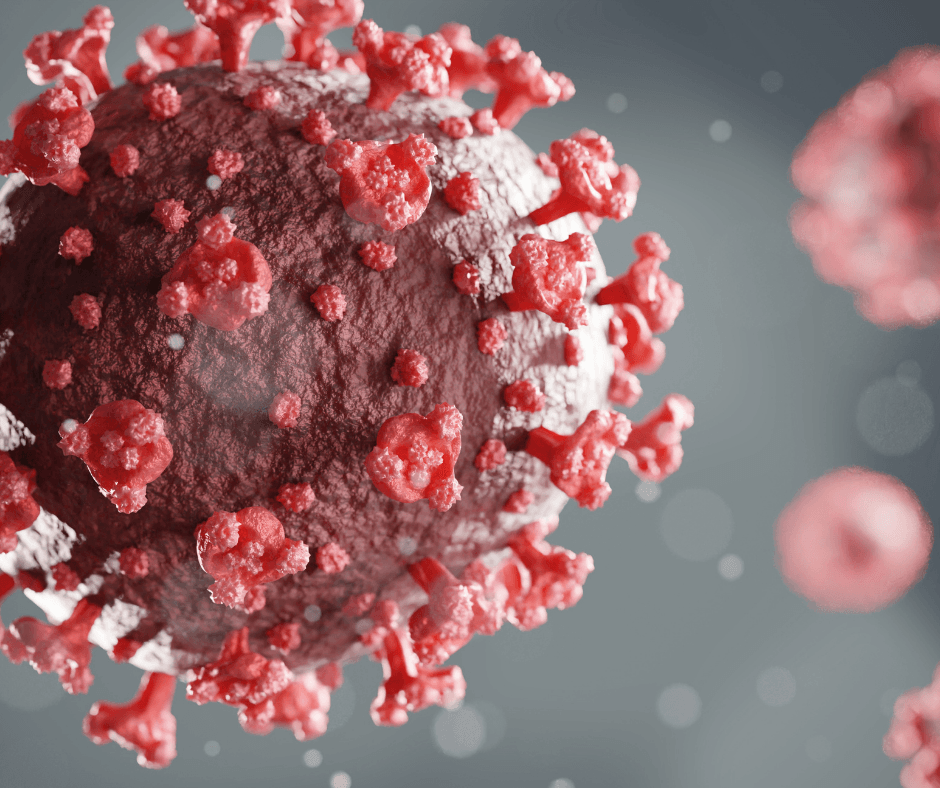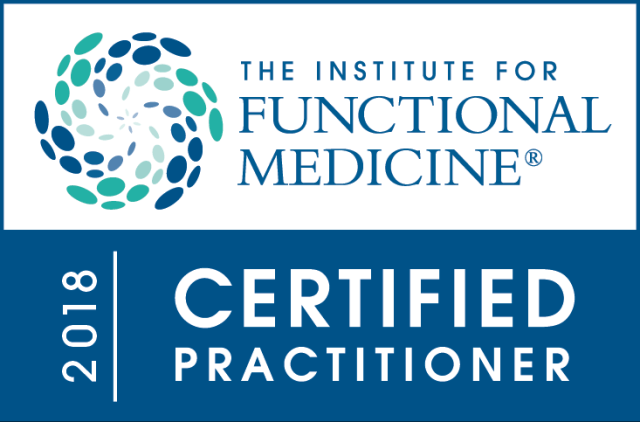Gift of Health

We are in the holiday season where everyone is focused on getting gifts for their loved ones and friends. Have you thought about what gifts would be a blessing for you? What about the gift of health? Would you like to be healthier or prevent chronic disease? My goal is for everyone to have the education and tools to get to optimal health! Here are some suggestions as a gift you can give yourself or share with loved ones:
- Food as Medicine . Eating non-processed, earth made foods is so important for our bodies to work properly. Are you wondering about some ways you can make this happen without stressing yourself or loved ones out? Start slow and make it simple—this makes it easier to stick with over time. I would recommend trying one of these suggestion…
- Increase your vegetable intake and work on eating a rainbow of colors.
- If you are drinking soda—wean off. Soda is highly processed and contains chemicals that have been show to affect our health negatively—causing inflammation and cancer in some cases.
- Try decreasing your trips to fast food restaurants. If you eat at a fast food restaurant once a week, try eating at a fast food restaurant every two weeks. If you do want a fast meal, try eating out at a healthier restaurant. Most big chain restaurants/fast food places have a list of ingredients that tells you what is in their food located on their website. You would be surprised to see what preservatives and additives are added to their foods.
- Hydrating with Water . Are you slacking on how much water you are drinking daily? In general, most of us need 1/2 our weight in ounces per day of water. For example if someone weighs 150 lbs, then they need ~75 ounces of water daily. Water is important for your body to function properly. It is a vital nutrient to the life of every cell in our bodies. Up to 60% of our bodies are water. Not drinking enough water can be detrimental to your health.
- Is your water filtered? Buying a good water filter can make your water tastier and also take out unwanted contaminates that can affect your health.
- Drinking more water during the day will give you more energy, help you have regular bowel movements & get rid of toxins.
- Self Care . Self care looks different for everyone. The goal of self care is finding hobbies or activities you enjoy doing, that allow your body to relax, rest and reset.
- Self care can be reading a book that is entertaining, listening to music, praying & meditating, exercising, or enjoying nature to name a few things.
- Yes, everyone needs to do self care regularly! If you are not rested and taking care of yourself; you will not be in a place where you can take care of anyone else!
- Self care needs to be scheduled into your week! Many of us think that self care happens when we have time and then self care never happens!! Self care needs to be scheduled throughout your week—it is not something that can be put to the side! It needs to happen regularly and frequently!!!
- Movement . It is very important to do something you enjoy to get your body moving! Nature supplies us with a great, vast array of ways to practice movement. Some people enjoy going to the gym or participating in a group class. There are so many benefits to movement.
- Improve your mood & mental health with movement. Improving your mood will help you feel less stressed.
- Improve your sleep with movement. Studies show that regular movement helps you fall asleep easier and stay asleep longer.
- Movement helps keep our brains healthy with better concentration, makes it easier to learn & comprehend, while also improving our judgement.
- Health Screenings . It is important for everyone to schedule a health screening to evaluate your history, genetics and your interaction with your environment. Based on your health journey, this determines what screening labs are recommended for you. For most individuals, it is important to obtain basic labs once a year to determine overall health. New Beginnings Functional Medicine Clinic offers preventative health consults for optimal health. Functional lab screenings can be performed for further evaluation. Here are some of the functional lab screenings performed:
- Comprehensive Cholesterol Panels. In order to identify any issues, a complete cholesterol panel (Is your LDL small & sticky?), markers for heart disease, inflammatory markers, insulin and sugar levels are helpful. For more info about cholesterol: https://www.newbeginningsfmc.com/heart-disease-risks-original-post-2-5-19
- Thyroid optimal? Most individuals have only have a TSH obtained with blood work. If you are having signs and symptoms of a low thyroid—it would be beneficial to obtain a thyroid panel that shows more data about how your thyroid is working and if you have thyroid antibodies.
- Are you lacking in minerals or vitamins? Lab testing can be performed to check for nutritional deficiencies also.
- Signs of inflammation? Inflammatory markers with blood work can be obtained. Also identifying if gut issues or food sensitivities are an issue.
Are you wondering how you can achieve better health and don’t know where to start, Dr. Shannon offers a FREE 15 minute consult. If you have a loved one that you feel would benefit from the gift of health, feel free to share this information with them. You can contact Dr. Shannon at New Beginnings by emailing or calling: drshannon@newbeginningsfmc.com or 970.305.0101 .
References:
https://www.cdc.gov/healthywater/drinking/nutrition/index.html
https://medlineplus.gov/benefitsofexercise.html


Dr. Shannon's Blog











